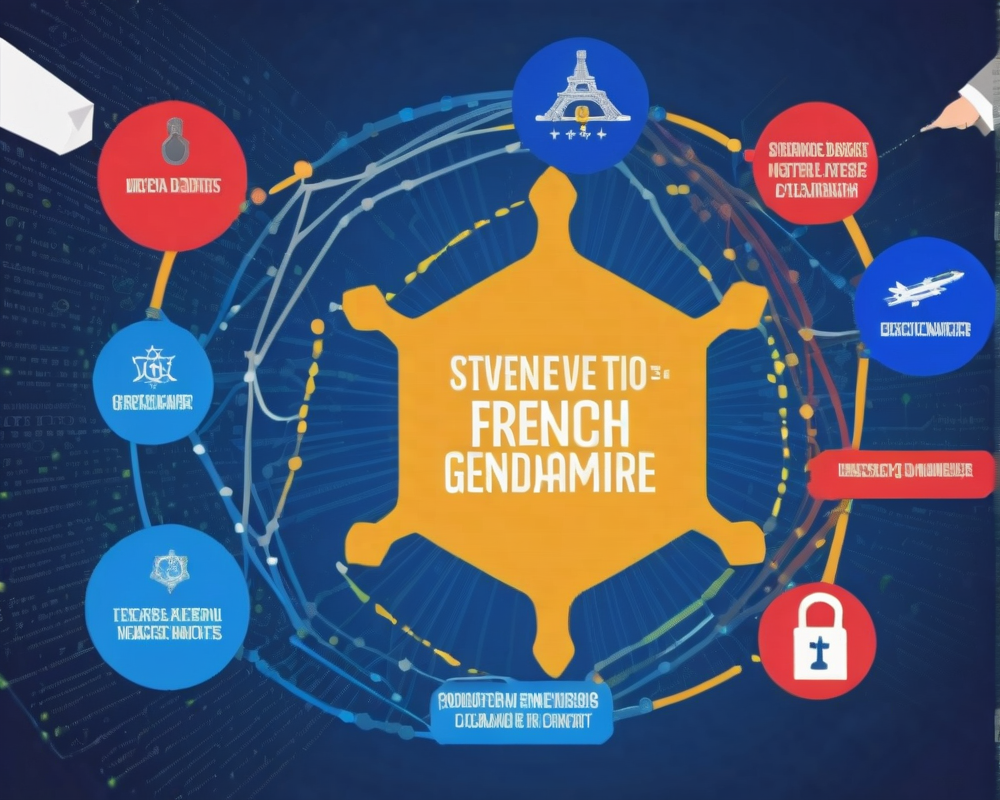French Armies Reap Benefits of Blockchain Technology
In a groundbreaking move, the French Gendarmerie has adopted blockchain to validate judicial expenses incurred during investigations related to the Tezos (XTZ) blockchain. This modern approach is not just about keeping up with technology; it’s about transforming how law enforcement manages its funds for crypto-related activities.
The Inside Scoop on C3N’s Innovative Approach
The Gendarmerie’s cybercrime division, known as C3N, has leveraged the power of blockchain to purchase cryptocurrency funded by Europol. By utilizing the decentralized nature of blockchain, they aim to simplify operational costs and ensure meticulous tracking of expenditures.
Smart Contracts: The Unsung Heroes of Governance
According to Nomadic Labs, a leading development and research center for Tezos, this initiative showcases the first smart contract ever employed by a public authority. These smart contracts not only automate processes but also ensure that only authorized personnel can interact with the system, allowing C3N to justify expenses discreetly without revealing sensitive operational details.
Tracking Transparency: A Whole New Level
Transparency is key in government operations, and blockchain steps in as a game changer. With its inherent ability to audit and maintain clear traceability of funds, blockchain diminishes the potential for fraud and misallocation of resources, thereby bolstering public trust.
International Movements: Blockchain Beyond France
This enthusiasm for blockchain isn’t confined to France. Take, for instance, China’s Zhejiang Province, which has successfully processed nearly $6 billion through a blockchain medical billing platform developed by Ant Financial. This showcases how diverse sectors—from law enforcement to healthcare—are embracing blockchain as a tool for efficient governance.
The Future of Governance and Blockchain
Consensus among experts at BlockShow Asia 2019 suggests that blockchain’s role in enabling ecosystem connectivity through decentralized and trustless information sharing could pave the way for innovative forms of governance. Just imagine a world where transactions and records are immutable, and every penny spent can be traced back to its source without bureaucratic hassle.



